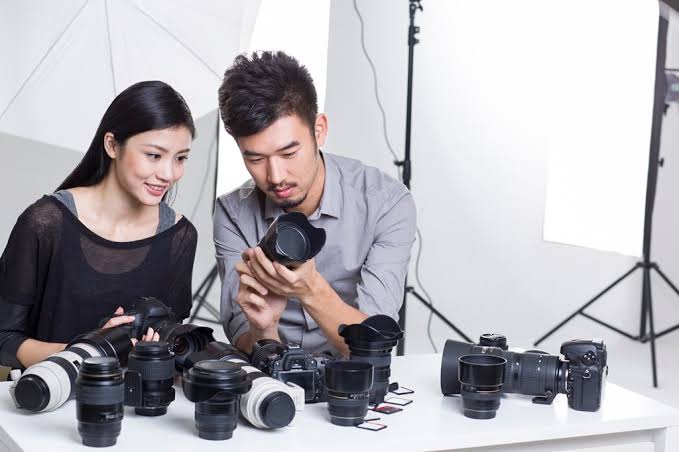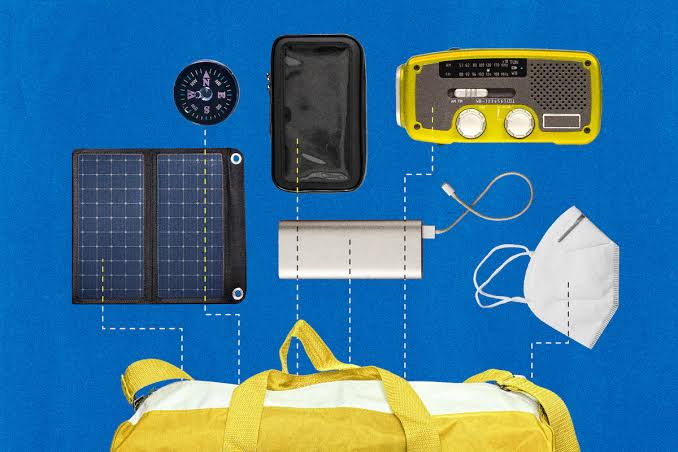Introduction to Digital Cameras in Today’s Photography Landscape
In 2025, photography has become more accessible, innovative, and immersive than ever before. While smartphones dominate casual photography, digital cameras continue to thrive among photography enthusiasts. These devices offer unmatched control, quality, and versatility, making them essential tools for both hobbyists and semi-professional creators.
Digital cameras have evolved to meet the rising expectations of users who value image detail, lens flexibility, and manual settings. Unlike smartphone cameras that rely heavily on computational photography, digital cameras provide a tactile and artistic experience, giving enthusiasts more creative authority.
Superior Image Quality and Sensor Performance
One of the main reasons photography enthusiasts prefer digital cameras is their superior image quality. Modern digital cameras—whether mirrorless or DSLR—are equipped with large, high-resolution sensors that capture far more detail than most smartphones.
- APS-C and full-frame sensors deliver enhanced clarity and dynamic range.
- Higher megapixel counts allow for large prints and extensive cropping.
- Low-light performance is significantly better due to larger sensor size.
These capabilities ensure that photos retain depth, detail, and rich colors, even in challenging conditions such as nighttime shoots or high-contrast environments.
Interchangeable Lenses and Creative Flexibility
Unlike smartphone cameras, digital cameras give users the freedom to switch lenses based on the subject, environment, or desired effect.
- Telephoto lenses for wildlife and sports photography.
- Wide-angle lenses for landscapes and architecture.
- Prime lenses for sharp portraits with beautiful background blur (bokeh).
This lens variety empowers enthusiasts to experiment with composition, focus, and exposure, which helps refine skills and unlock new artistic expressions.
Manual Controls and Customization
Digital cameras provide manual controls that let users fine-tune every aspect of a shot. For enthusiasts who want to grow beyond automatic settings, this level of control is critical.
- Adjustments to shutter speed, aperture, and ISO give precise exposure.
- Focus modes and metering settings allow customized image capture.
- User-defined presets and buttons enhance speed and shooting comfort.
These tools give the photographer full control over the creative process, encouraging a deeper understanding of photography fundamentals.
Better Handling and Ergonomic Design
Digital cameras are designed for long sessions of shooting, offering better grip, balance, and button layout than handheld smartphones.
- Ergonomic hand grips reduce fatigue during extended shoots.
- Physical dials and customizable buttons provide quicker access to settings.
- Optical and electronic viewfinders improve framing accuracy in bright light.
This user-centered design makes it easier for photography lovers to shoot for hours without strain or distraction.
Greater Storage and Battery Efficiency
Digital cameras are built to handle large volumes of high-quality images and long hours of use, which is a major benefit for enthusiasts.
- Use of SD cards, CFexpress, or dual-slot systems ensures large storage capacity.
- Removable batteries last longer and can be swapped easily in the field.
- Many models support USB-C charging, ideal for travel and outdoor shoots.
This allows photographers to focus on creativity without worrying about running out of space or power.
Support for Advanced Photography Styles
For enthusiasts wanting to explore advanced styles such as long-exposure, macro, astrophotography, or time-lapse, digital cameras are indispensable.
- Bulb mode and ND filters support long-exposure experiments.
- Macro lenses capture minute details with sharpness and depth.
- Built-in intervalometers enable time-lapse without external tools.
Smartphones often lack the hardware or depth to achieve such results consistently, giving digital cameras an edge in technical versatility.
Post-Processing and File Format Advantages
Digital cameras offer the option to shoot in RAW format, which retains all image data and offers superior flexibility during editing.
- RAW files allow adjustments to exposure, white balance, and color grading without quality loss.
- Greater depth in shadows and highlights enables more creative edits.
- Compatibility with editing software like Lightroom and Photoshop maximizes results.
This level of control is vital for enthusiasts who view editing as a key part of their photographic workflow.
Durability and Long-Term Value
Digital cameras are built with rugged materials and weather-sealed designs, making them durable tools for serious hobbyists.
- Magnesium alloy bodies withstand drops and rough conditions.
- Weatherproofing resists dust, rain, and extreme temperatures.
- High shutter life and lens compatibility extend the gear’s lifespan.
This durability means that digital cameras often remain useful and valuable for many years, making them a wise investment for those committed to photography.
Fostering Skill Development and Artistic Growth
Using a digital camera encourages users to think more critically about each shot, helping develop both technical proficiency and artistic perspective.
- Learning to use manual settings teaches exposure theory and camera mechanics.
- Mastering focus, framing, and composition enhances storytelling through images.
- Shooting with intent fosters patience, observation, and creativity.
Many enthusiasts find that the tactile experience of a digital camera deepens their passion for photography and helps them grow as visual artists.
Conclusion
While smartphones have revolutionized everyday photography, digital cameras continue to reign supreme among photography enthusiasts who demand more control, precision, and creative freedom. From lens flexibility and superior image quality to manual customization and durability, digital cameras provide a comprehensive and enriching experience.
In 2025, these devices remain central to hobbyists and aspiring professionals who view photography as more than just a point-and-shoot activity. For those serious about their craft, a digital camera isn’t just a tool—it’s a gateway to creative exploration and lifelong learning.



